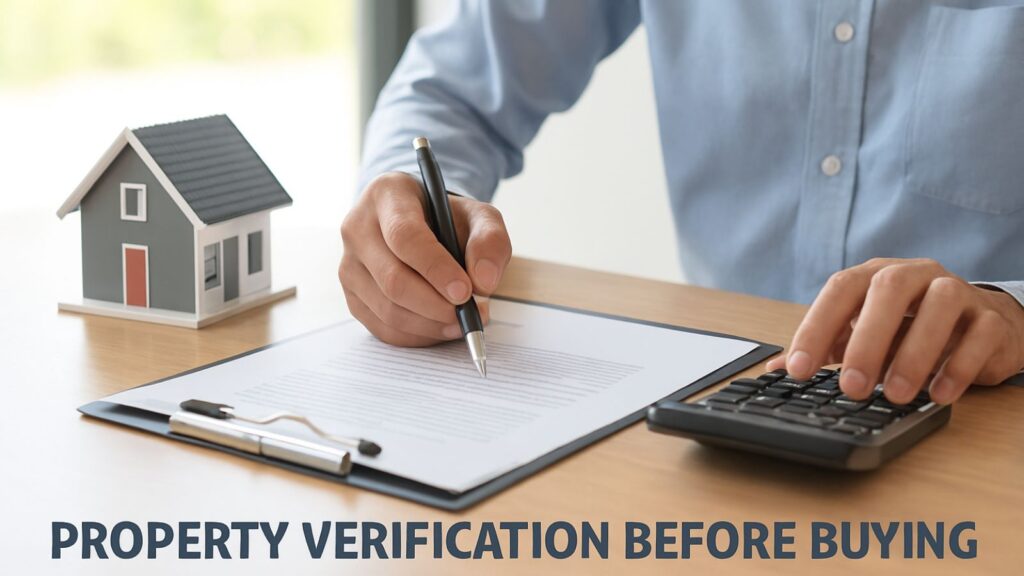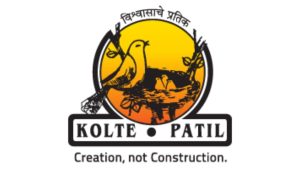How to Verify Documents Before Buying Property in India

AI-Generated Image for Representation
uying a house in India is a dream for many, but the process can be risky if property documents aren’t properly verified. Fraudulent deals and disputes are common, making property document verification essential for every homebuyer. Here’s a step-by-step guide on how to verify property documents before buying in India.
1. Verify the Title Deed
The title deed is the most crucial document that confirms ownership of the property. Always check the original title deed and ensure the seller’s name matches official government records. Confirm that the title is clear, meaning there are no disputes or shared ownerships that could affect your purchase.
2. Check the Encumbrance Certificate
This certificate reveals whether the property has any outstanding loans, mortgages, or legal dues. You can obtain it from the local sub-registrar’s office for a period of 15–30 years. The encumbrance certificate helps confirm that there are no hidden financial liabilities attached to the property.
3. Verify Building Approvals and Plans
Before purchasing an apartment or a home in a project, ensure that the builder has obtained necessary approvals from the municipal corporation or local development authority. Check that the building plan sanctioned by authorities matches the construction on-site. Unapproved changes can lead to fines or demolition orders in the future.
4. Confirm Tax and Utility Payments
Always review the latest property tax receipts to confirm that the taxes are fully paid. Ask for copies of electricity and water bills to ensure there are no pending dues. These checks not only verify that the property is legal but also confirm that it is officially registered with the civic authorities.
5. Ensure RERA Registration
For under-construction projects, make sure that the builder has registered the property under the respective state’s Real Estate Regulatory Authority (RERA). RERA registration increases transparency and provides legal protection to buyers against fraudulent builders. You can check registration details on your state’s RERA portal.
6. Consult a Property Lawyer
Hiring a lawyer may seem like an added expense, but it’s a crucial safeguard. A property lawyer can identify inconsistencies in ownership documents, scrutinize sale deeds, and protect your interests during the transaction. This step can save you from future financial and legal complications.
The Bottom Line
Property investments involve both emotions and large amounts of money. Verifying every document thoroughly before purchase ensures that your investment in a dream home doesn’t turn into a legal headache. Taking time for proper property document verification gives you peace of mind and long-term security.
Disclaimer: This article is for informational purposes only and should not be considered legal advice. Always consult a qualified property lawyer or real estate expert before making any property-related decisions.










